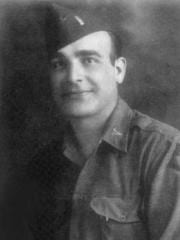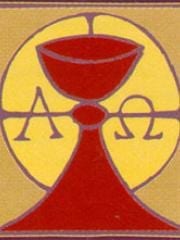Arma Christi
Otto Rahn: To Rennes or not to Rennes?
Claims
“The Emerald Cup-Ark of Gold: the Quest of SS Lt Otto Rahn of the Third Reich”, Colonel Howard Buechner claimed that Otto Rahn visited the Corbières in 1937. This visit is not substantiated. However, there is little doubt in my mind that there is a strong connection between Rahn and Rennes-le-Château. I found these connecting links:
- Rahn’s link to the Cathars whom he loved with great passion;
- The war waged against the Cathars by the Church and the French King, a war of such ferocity that it brings into question the true nature of the cause for which the crusade against Albigensian and Cathar was really launched;
- Rennes-le-Château is seated in the Cathar heartland; Saunière discovering something linked to the “real” story of Catholic geopolitical involvement in the West over the centuries;
- The Vatican not speaking out against the Nazis until close to the end of WWII. What was the Church afraid of?
- Jules Massenet and his librettist Henri Cain for the opera: Don Quichotte and the metaphysical concepts of the necklace image and of the Island of Dreams;
Holy Grail
Since the publication of The Da Vinci Code the debate rages as to what and where the true Holy Grail exists
Taken as a whole, the various renditions of the Holy Grail legend, whether they derive from Europe or Asia, imply that there are many forms that the Holy Grail can take.
These legends assert that the Holy Grail can be anything from the platter mentioned by Chrétien de Troyes, the first author of the Holy Grail legend, to the Cup of Christ alluded to by Robert de Boron, or even the Stone of Heaven mentioned by Wolfram von Eschenbach in Parzival.



Recent comments
13 years 50 weeks ago
13 years 50 weeks ago
13 years 50 weeks ago
13 years 51 weeks ago
14 years 2 weeks ago
14 years 7 weeks ago